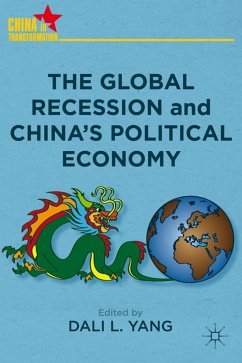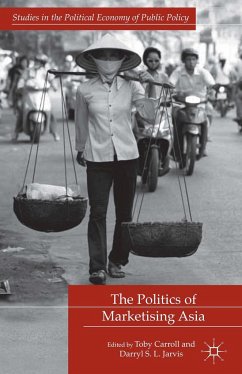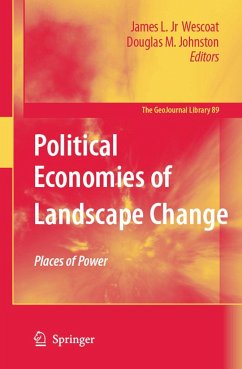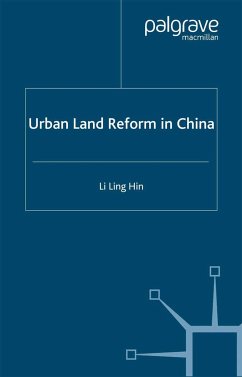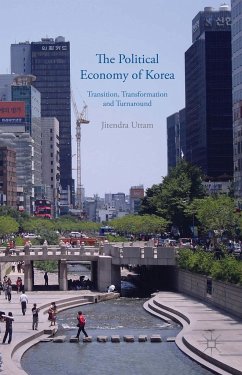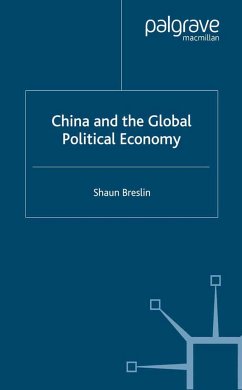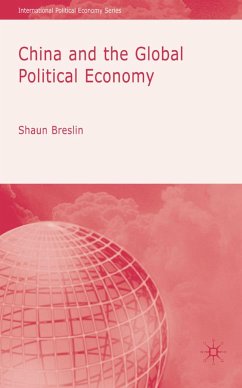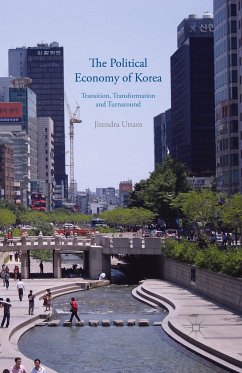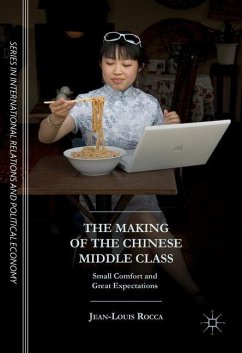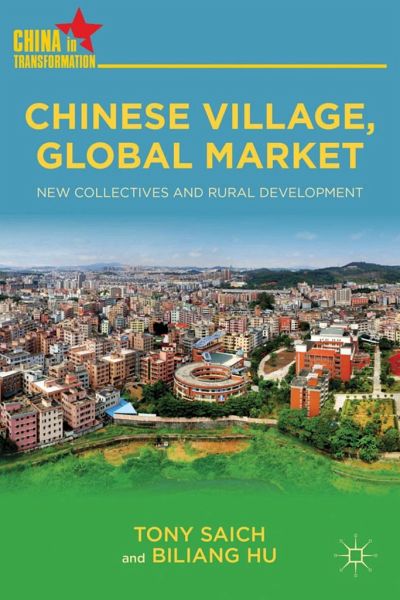
Chinese Village, Global Market
New Collectives and Rural Development
Versandkostenfrei!
Versandfertig in 6-10 Tagen
38,99 €
inkl. MwSt.
Weitere Ausgaben:

PAYBACK Punkte
19 °P sammeln!
The story of one village, Yantian, and its remarkable economic and social transformation, this book shows how outcomes are shaped by a number of factors such as path dependence, social structures, economic resources and local entrepreneurship.





